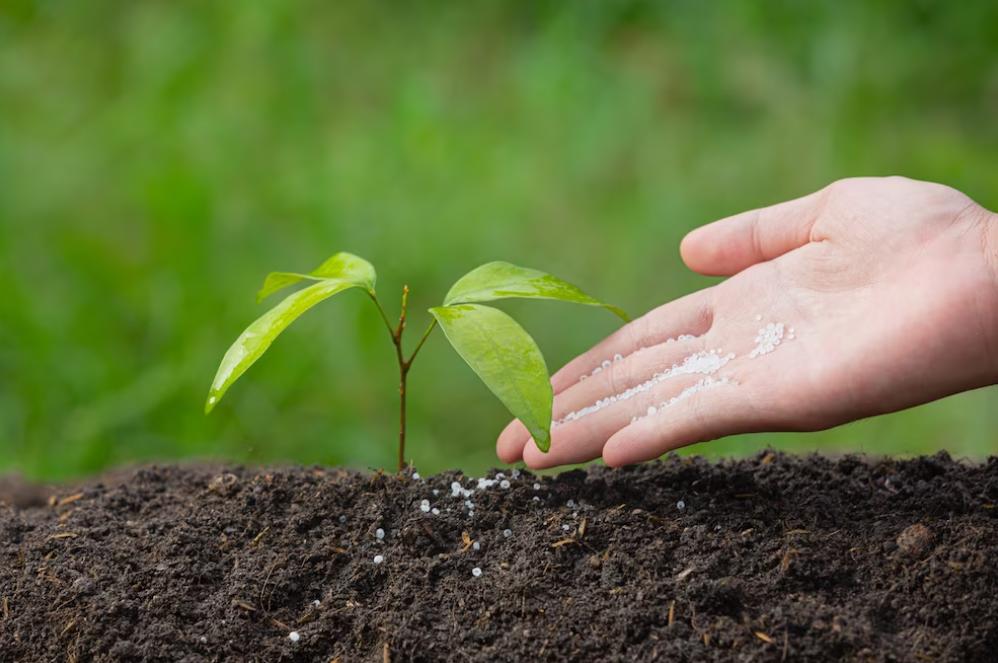The overuse of phosphorus is depleting reserves vital for global food production while exacerbating the climate crisis. Scientists have warned that our planet is facing "phosphojeddon". They fear that our misuse of phosphorus could lead to deadly fertilizer shortages that would disrupt global food production. At the same time, phosphate fertilizer washed off fields, along with sewage inputs into rivers, lakes and seas, is causing widespread algal blooms. And it creates aquatic dead zones that threaten fish stocks.
Also See: HelloSelf Receives $20 Million Investment
"Simply put, there is no life on Earth without phosphorus"

The researchers also warned that the overuse of the element increases the release of methane across the planet, causing global warming and a climate crisis caused by carbon emissions. Phosphorus was discovered in 1669 by German scientist Hennig Brandt, isolating it from urine. It has since been shown to be essential for life.
The element's global importance lies in its use to help crops grow. Around 50 million tons of phosphate fertilizers are sold around the world every year. And these resources play a crucial role in feeding the planet's 8 billion inhabitants. However, only a few countries have significant phosphorus deposits. Morocco and Western Sahara have the largest amount. China is the second largest deposit and Algeria is third. In contrast, reserves in the US have fallen to 1 percent of previous levels. The UK has always had to rely on imports.
"Just like on land, phosphates help aquatic plants grow"
This increasing pressure on stocks has raised fears that the world will reach "peak phosphorus" in a few years. Resources will then dwindle. Many countries will struggle to get enough to feed their people. The prospect worries many analysts, who are concerned that a few cartels could soon control most of the world's resources, leaving the west highly vulnerable to rising prices.
They say we have become wasteful with the phosphates we put on our fields. The fertilizer and phosphorus-rich wastewater washed off them triggered massive water pollution. It has created harmful algae blooms. Some of the world's largest bodies of freshwater are now being affected, including Russia's Lake Baikal, Africa's Lake Victoria and North America's Lake Erie. According to information, the blooms in Erie have led to the poisoning of local drinking water in recent years.





No comments yet for this news, be the first one!...